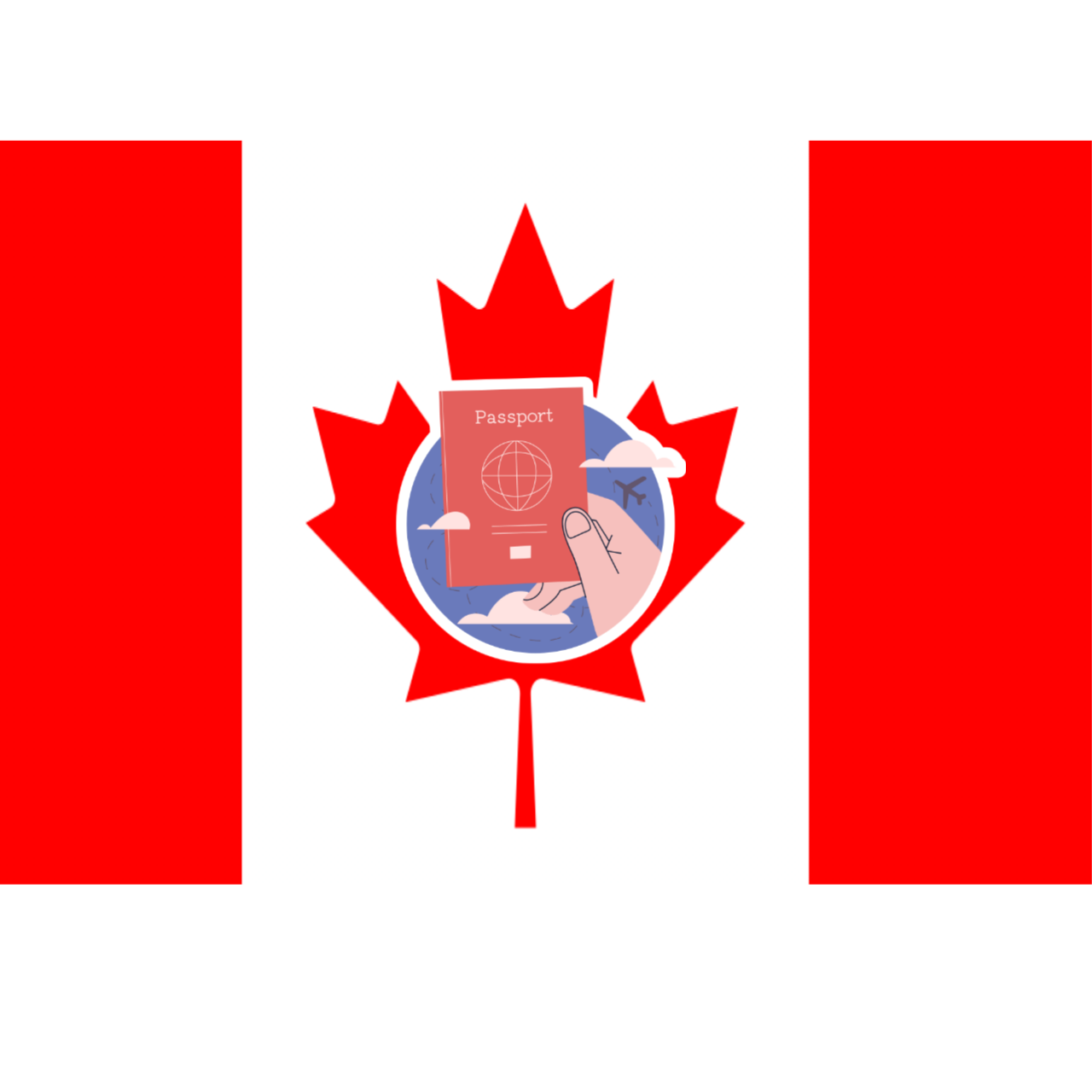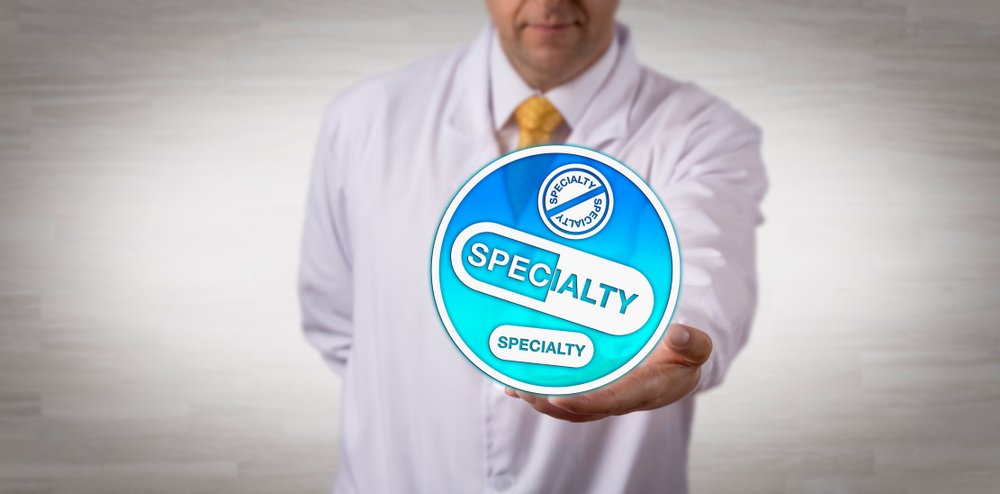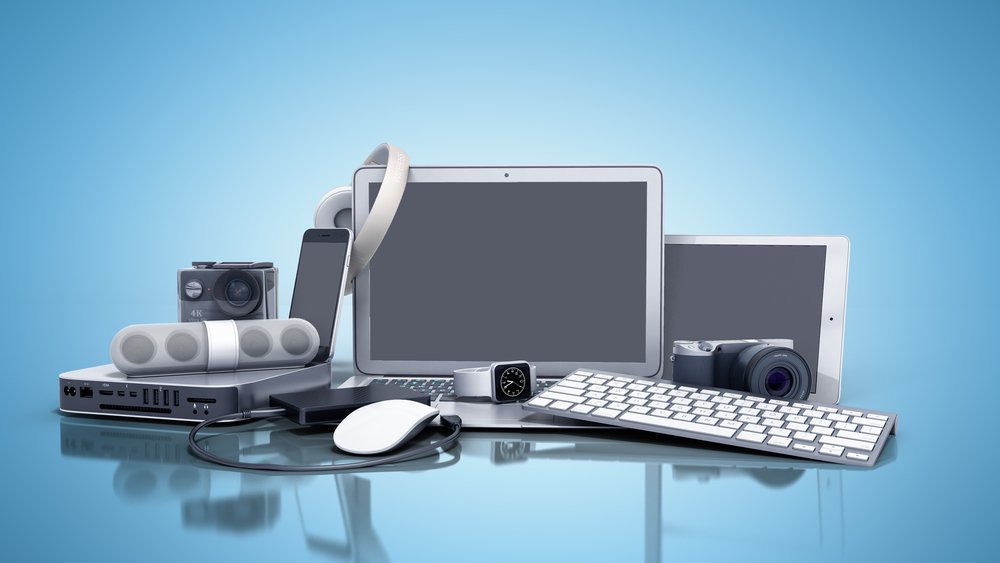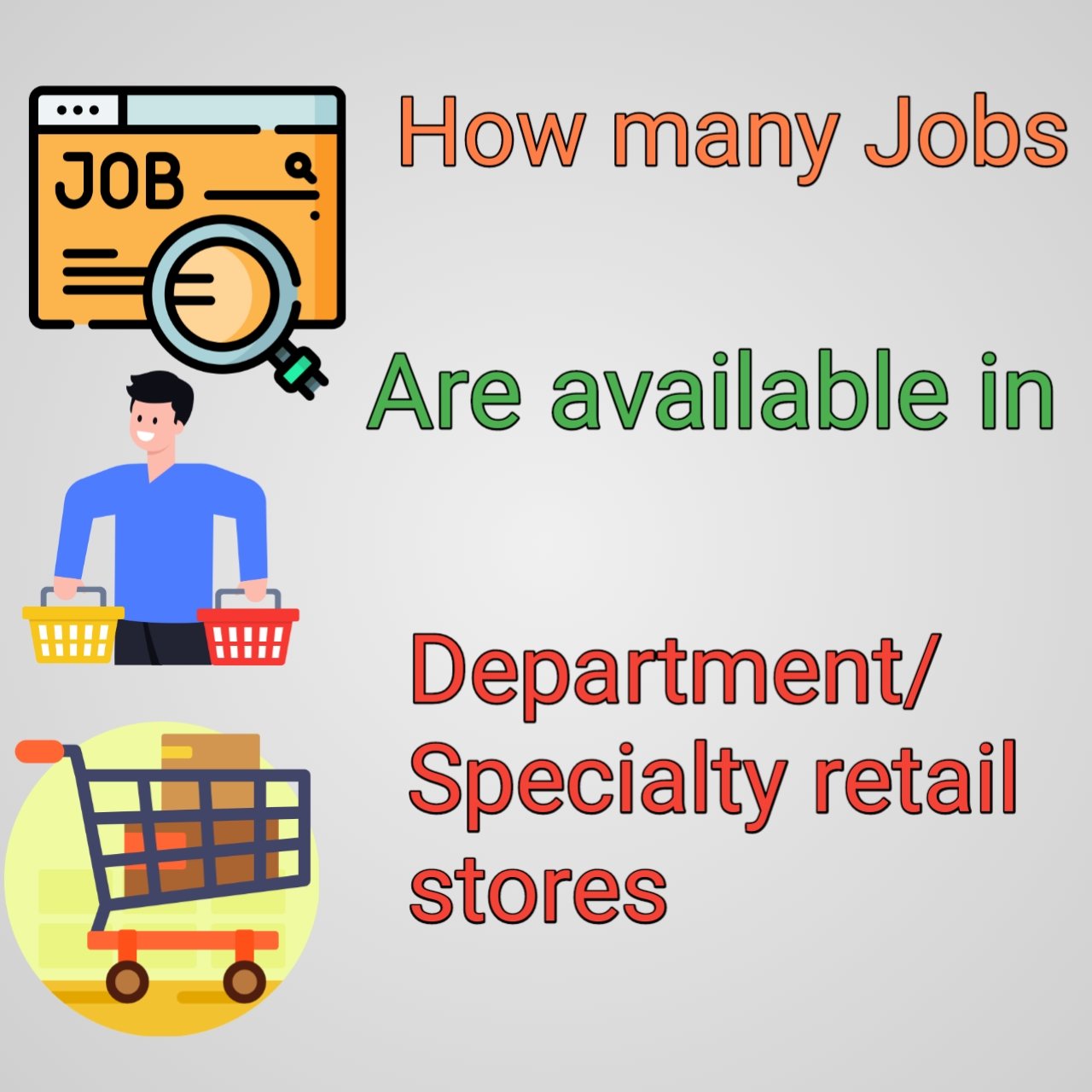Is pharmaceutical a good career path?:
There is vast opportunities available in the pharmaceutical industry from laboratory-based research and development, clinical trials, regulatory affairs, manufacturing, engineering, quality assurance, quality control, and verification through to marketing, sales and distribution. All these are set of skills you will find in a career in pharmacy.
If you are interested in a career in pharmaceutical study and need to have some necessary background information like, whether is it a good study then read on to find out.
What is pharmaceutical manufacturing?
Pharmaceutical manufacturing is the production or making of medicines on an industrial scale.
For medicine to get to the manufacturing stage, it will have to go through some phases like research and discovery phases and has been thoroughly tested. The production stage is about following the same “recipe” to create the same medicine again and again.
So majorly, the manufacturing of medicines isn’t really about science per se, it’s about systems. It’s about the following processes and checking quality. This helps to make sure that the products are always the same every time they are made so that patients can rely on their medicines. For a tablet product, the manufacturing process can be divided into a series of steps:
Chemical Synthesis:
This is a process that involves the combining of chemicals together to make the “raw medicine” (the part that has the medical effect on a patient). This is called the Active Pharmaceutical Ingredient or API.
Formulation or preparation:
The medicine is then mixed with other components (known as pharmaceutical excipients) that are needed within the final product. Different pharmaceutical excipients are used for different purposes in the final medicine.
Examples include making sure the medicine is protected and stable enough to be packaged and get to the patient, making sure the API can be consumed by the patient’s body or making sure the tablet is identifiable (which is important for patient safety). Processes like granulation and milling also happen here.
Tablet compression:
This process involved the shaping of the final mix of ingredients into pills.
Tablet coating
Tablet coating is done to preserve the pills and make them easier for a patient to swallow.
All the processes and stages of pharmaceutical industry operations are closely regulated and monitored by bodies such as the US Food & Drug Administration (FDA) and the European Medicines Agency (EMA).
These regulations ensure that products are made safely and correctly, every single time. This is important because you cannot afford to make mistakes in the production of drugs for consumption. This is why pharmaceutical manufacturing is a unique and highly regulated environment.
Is pharmaceutical a good career path?
Yes, it is once you have defined your position in this industry, you can open doors to countless opportunities for growth and learning. People operating in the pharmaceutical industry get numerous benefits, and also exceptional salaries. It so comes with job satisfaction and a sense of accomplishment. The pharmaceutical industry is diverse, and there is a place for everyone.
Industries similar to the Pharmaceutical industries
The following are similar industries that rely on the same strict regulations and specialist training:
Pharmaceutical Manufacturing
The idea of medicines is made using chemical synthesis, as outlined above. Which is making small active molecules from scratch and ‘packaging’ them in a way the body can use (like in a tablet). The painkiller aspirin is a good example.
Biopharmaceutical Manufacturing
Biopharmaceutical products are prepared using a biological process ie things we see occurring naturally in biology, things as alcohol fermentation which is used to make beer or wine. The process is naturally biopharmaceuticals capturing things that are produced in biology and discovering a way to make them into a useable medical treatment.
The process of manufacturing is larger than others because, naturally existing molecules such as proteins, genes, and cells repackage in a way that the body can make use of.
Nutritionals:
This is an area in the pharmaceutical industry that involves the research, development, and manufacturing of nutritional products (such as milk powder for babies).
Medical devises Manufacturing
It is also referred to as Medical Technology (or MedTech). This is a large encompassing term for any product, instrument, or item that is used to diagnose, prevent, treat, or cure health conditions without any chemical or pharmacological action on or within the body. Examples of the products include heart monitors, blood glucose meters, surgical equipment, artificial joints and even contact lenses.
Combination Products:
These are products that integrate a medical device and a pharmaceutical/biopharmaceutical product. Examples of the products include drug-eluting stents, and prefilled drug delivery systems such as syringes, EpiPen, insulin injector pen, and metered dose inhalers.
Requirement for working in a pharmaceutical industry
Several requirements are needed for you to qualify for different jobs in this pharmaceutical industry. The following are requirements for each sector.
For Science/Laboratory roles
Basically, you need a Degree or Masters in Chemistry, Biochemistry, or Microbiology (or related fields) and may also need a doctorate, depending on the role.
For Clinical Research/Clinical Trials roles
Also, you’d typically need a Degree, Masters, or PhD in Pharmacy, Biochemistry, Chemistry, Pharmacology, or Microbiology (or related fields). Medical doctors or those with healthcare qualifications (e.g. nursing) are also needed here.
For Engineering roles:
For this role, you generally need a Degree or masters in an engineering discipline such as mechanical and chemical process, project, automation/instrumentation & calibration, quality, or manufacturing engineering.
For Manufacturing/Production operator roles
You would have previously gotten these jobs without any third-level qualifications but more recently pharma and med device companies are looking for people with academic qualifications at a certificate or diploma level in science or manufacturing discipline. Please note that this requirement does differ widely between companies.
For Validation roles
For you to get this role you typically need a qualification in an engineering discipline such as mechanical, process, quality, or manufacturing engineering, or a related field. Background knowledge is required such as a pipe welder/fitter or in instrumentation, supported by an appropriate certificate can also be accepted.
All the best of luck!!😉😉





























